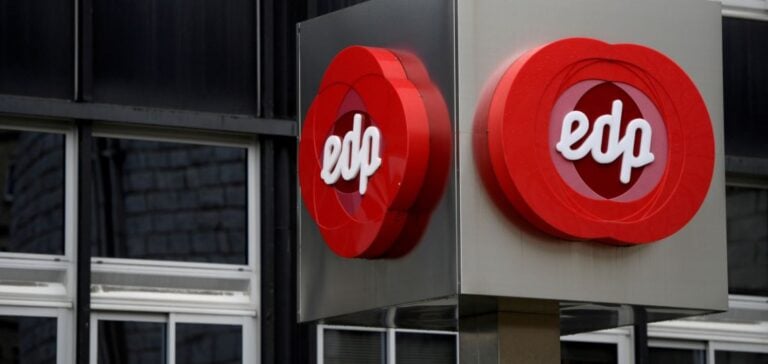The electricity and gas group Energias de Portugal (EDP) reported a significant decrease in profit for the third quarter of 2024, with a 37% decline, reaching 320 million euros. Despite this quarterly underperformance, the company is maintaining its strategy of massive investment in renewable energies, essential to its energy transition.
For the first nine months of the year, the group’s total profit stood at just over one billion euros, marking a 14% increase compared to the same period in 2023. This growth is primarily due to the strong performance of the electricity network management activities in Brazil, as well as the recovery of hydroelectric production in Spain and Portugal. This dynamic has allowed EDP to partially offset the mixed financial results of its renewables-focused subsidiary, EDP Renováveis (EDPR).
Increasing Investments in Renewables
Despite the challenges, EDP has allocated over 3 billion euros since the beginning of the year to various renewable energy production projects, including initiatives in Europe and Latin America. These investments are also focused on strengthening and developing its electricity networks, thus meeting the growing demands of the energy transition.
Within its subsidiary EDPR, which is particularly active in North America, profits dropped by 53% over the first three quarters of the year, amounting to 210 million euros. EDPR, with significant wind and solar capacities in the United States, faces increasing challenges in a political environment less favorable to clean energy, even though the sector remains promising.
Maintaining Prospects in the U.S. Market
Despite the election of American leaders favorable to fossil fuels, EDP remains cautiously optimistic about its development in the U.S. The United States remains a strategic market for the group, especially in renewables, due to the growing support from technology companies for clean energy.
The group’s cautious optimism relies on the pressure exerted by multinationals, particularly tech giants, for less polluting energy sources. Miguel Stilwell, EDP’s president, expressed this vision by highlighting that, despite political uncertainties, the renewable sector in the U.S. could continue to grow.
Significant Increase in Debt
Meanwhile, EDP’s debt continues to rise, up by 13% since the end of 2023. The total debt thus reached 17.3 billion euros at the end of September, a figure closely monitored by investors and analysts. This increase in liabilities raises questions about EDP’s ability to effectively manage its finances while maintaining high levels of investment.
At the Lisbon Stock Exchange, EDP’s disappointing results led to a 0.57% decline in its share price, to 3.30 euros per share. Similarly, its subsidiary EDPR’s stock fell by 2.67%, to 10.94 euros, reflecting market concerns regarding the short-term profitability of the significant investments made in the energy transition.






















